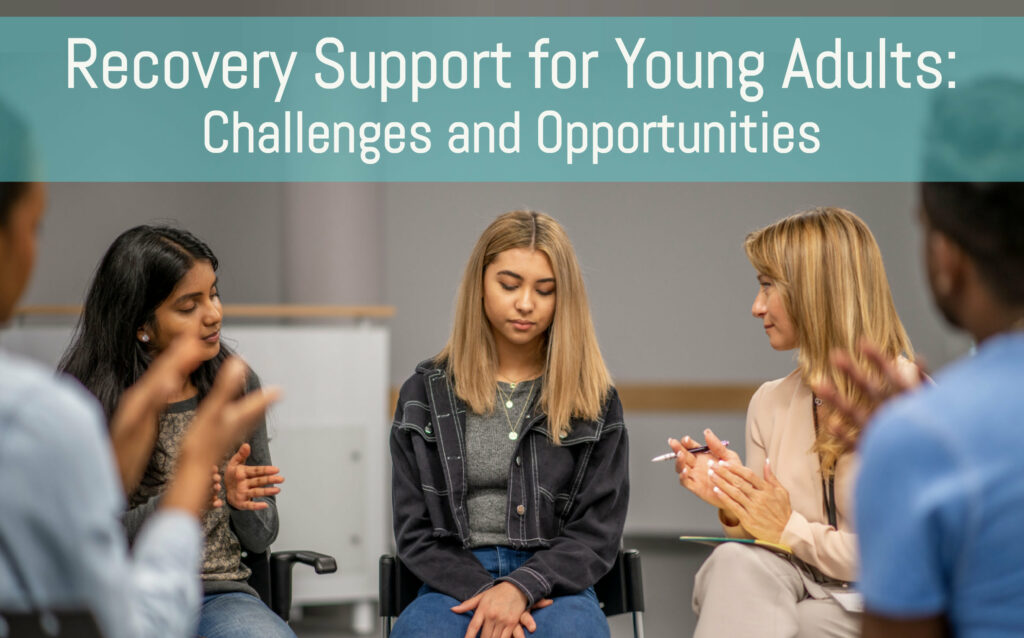An eating disorder is a psychological disorder that presents through an abnormal obsession with food, calories, weight, body image, and exercise. An individual’s preoccupation with these things interferes with daily life and relationships and is harmful to both the body and the mind.
The Diagnostic and Statistical Manual of Mental Disorders, or DSM-5, defines the most common eating disorders and their signs and symptoms. According to the DSM-5, these include anorexia nervosa, bulimia nervosa, and binge eating disorder.
Eating disorders are not formally classified as mental health disorders; however, eating disorders do affect an individual’s overall psychological and physical health and often co-occur in the presence of a mental health disorder.
Common triggers associated with eating disorders and mental health disorders
Many individuals with an eating disorder will adopt extreme rituals or eating patterns and will go to great lengths to hide their behaviors and symptoms associated with their eating disorder. Often, the eating disorder is not about food, body image, or weight but rather a need for control. Many individuals with an eating disorder will use food and exercise to control what goes in and out of their bodies to cope with or make up for the other things in their life they cannot control. Extreme stress, past trauma, poor relationships, loneliness, poor self-esteem, and mental health symptoms are often uncontrollable triggers that lead many individuals to engage in disordered eating patterns, leading to a full-fledged eating disorder. Individuals with eating disorders may also use food, weight, and body image as unhealthy coping mechanisms to deal with negative feelings such as shame and guilt.
Statistics for co-occurring mental health and eating disorders
Individuals diagnosed with an eating disorder have a very high likelihood of having a co-occurring mental health disorder. According to a study published in Psychosomatic Medicine, 97 percent of female individuals being treated for an eating disorder were also diagnosed with one or more mental health disorders. In addition, approximately 94 percent of female individuals with an eating disorder also have depression or bipolar disorder, and 56 percent of female individuals with an eating disorder have an anxiety disorder. Other common mental health disorders that co-occur with eating disorders include obsessive-compulsive disorder and borderline personality disorder. Self-harm behaviors such as cutting, although not considered a mental health disorder, are also strongly associated with eating disorders.
The ritualistic behaviors associated with eating disorders share many characteristics with obsessive-compulsive disorder (OCD), affecting up to 56% of individuals with eating disorders, specifically anorexia nervosa. The fear that serves as the base of OCD is most likely the leading factor for individuals with eating disorders to strive for perfection in body type, weight, or control via stringent rules around exercise, food, and self-induced vomiting.
Shared symptoms
Mental health disorders share many of the same symptoms of eating disorders such as shame, irritability, anger, sadness, suicidal thoughts, mood swings, poor concentration, fatigue, difficulties with sleep, and low self-esteem. As a result of these shared symptoms, many loved ones may assume their friend or family member is experiencing a mental health disorder, specifically if they are hiding their eating disorder (wearing bagging clothes, hiding food, purging behind closed doors, exercising in private, etc.).
What comes first, the mental health disorder or the eating disorder?
It is difficult to decipher whether the eating disorder caused the mental health disorder or vice versa or whether both disorders occur together due to similar underlying triggers. For example, individuals may use food and weight to manage, control, and numb feelings associated with depression and anxiety, especially if their depression or anxiety are undiagnosed or not treated. On the other hand, individuals struggling with anorexia, bulimia, or binge eating disorder may develop depression, anxiety, or self-harm behaviors to cope with the negative feelings associated with eating disorders.
The importance of treating both mental health and eating disorders simultaneously
Regardless of whether one disorder leads to the other, it is essential to diagnose and treat both disorders concurrently. Failure to recognize and treat co-occurring disorders can have devastating consequences. For example, individuals with anorexia nervosa have an 18 times higher mortality rate when another mental health disorder such as depression is present. Individuals with eating disorders and co-occurring mental health disorders respond best to therapy programs that build trust, offer individual and group counseling sensitive to issues such as trauma, addiction, and abuse, and provide a safe, low-stress environment.
“National Eating Disorders Awareness Week (NEDAwareness Week) is an annual campaign to educate the public about the realities of eating disorders and provides hope, support, and visibility to individuals and families affected by eating disorders. NEDAwareness Week 2022 will take place during the week of February 21 – February 27, 2022”.
About AKUA Mind and Body
Seeking professional addiction or mental health treatment can help individuals overcome their addiction to substances and assist individuals in treating their underlying mental health disorder.AKUA Mind and Body is a full-service addiction and mental health treatment center with multiple locations across California. We specialize in treating individuals struggling with mental health disorders, substance use disorders, and co-occurring disorders. We offer detoxification, medication-assisted treatment, and behavioral therapy approaches at all levels of care, ranging from residential settings to outpatient treatment. We pride ourselves on having a compassionate and knowledgeable treatment staff who cares about each client and their family.




